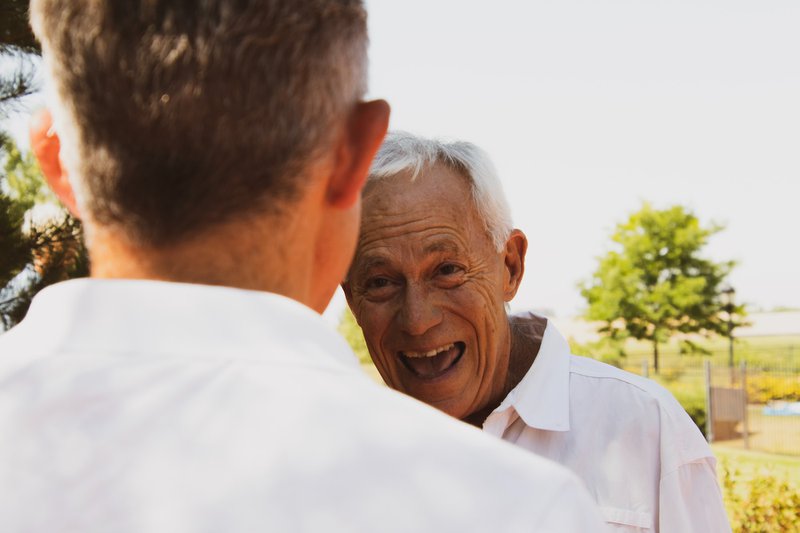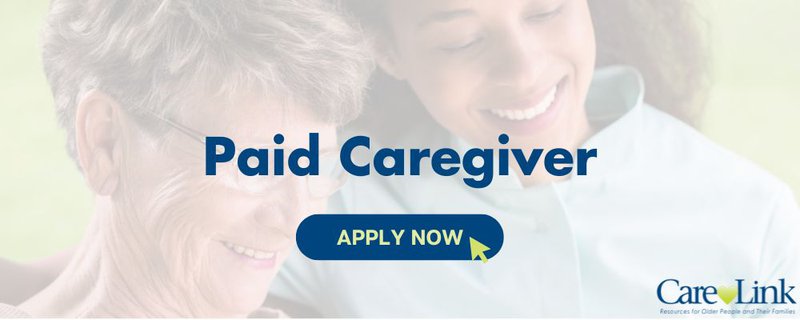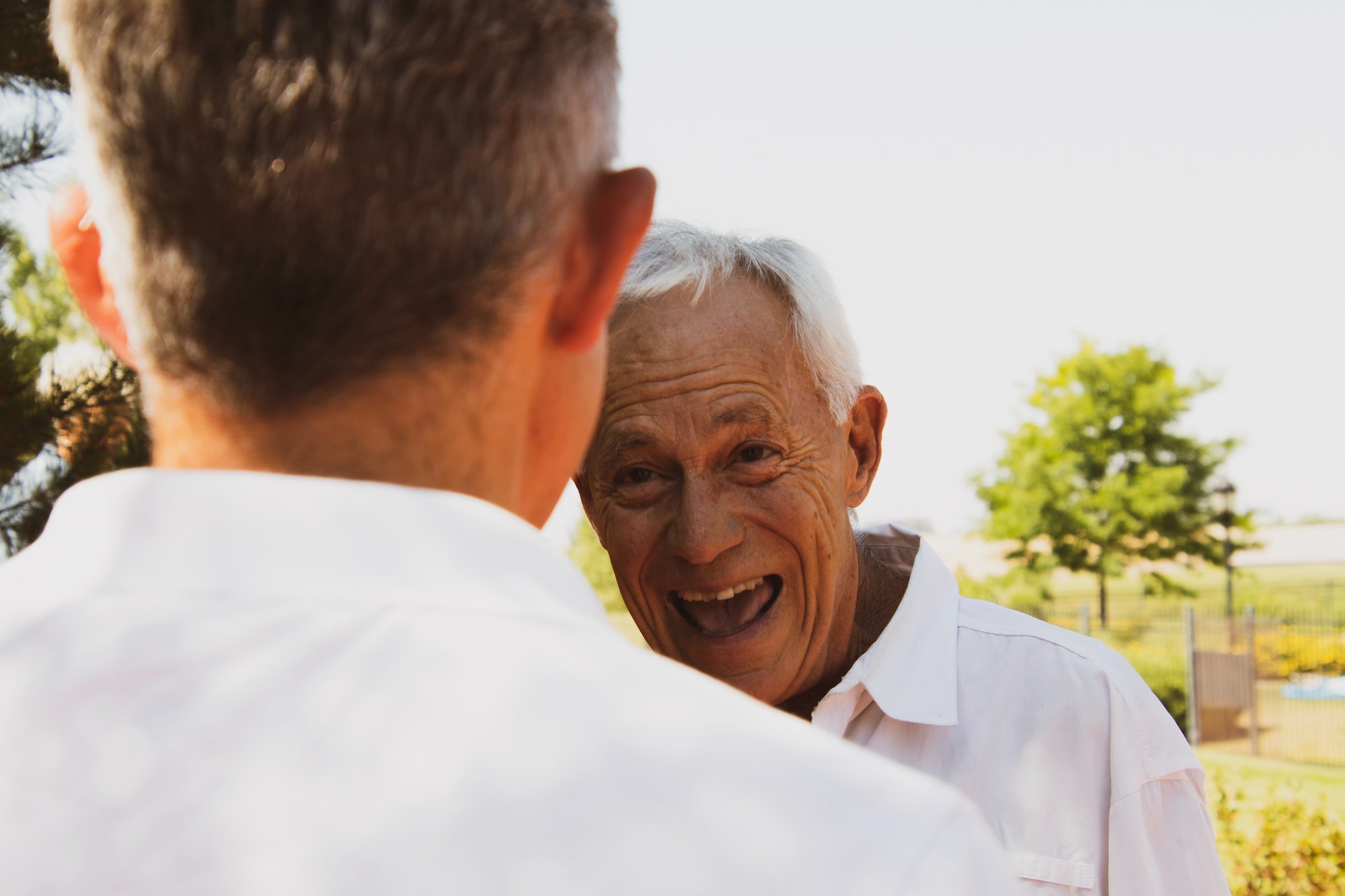Caregivers are an essential part of the healthcare system. They offer necessary care and support to those who need it while reducing the burden on their loved ones.
“Climbing the stairs can be very difficult to do now.”
Such a simple statement, but it can represent a good portion of the Arkansas population. There are roughly 1.1 million seniors in the state, and according to data, the highest number of older adults are in central Arkansas.
This article explores caregiver duties, responsibilities, qualifications, and qualities. We’ll also look closely at elderly caregivers’ responsibilities and how they may differ from other care recipients. If you’re planning to pursue caregiving as a profession, read more to learn how to start and succeed in this field.

What Does a Caregiver Do?
Essentially, caregivers offer help, support, and care to people with sickness, disabilities, or other health conditions.
The type of assistance has to satisfy the unique needs of the individual. The tasks can include household chores such as preparing meals, doing the laundry, cleaning the dishes, and more. For other people, personal care and medication reminders, to name a few, are much more necessary.
Sometimes, emotional support is what the older adult needs most. A caregiver’s presence can alleviate these challenges by offering companionship and consistent reassurance.
The role of a caregiver includes a wide range of tasks—this is why it’s important to gain further information about this career.
Caregiver Duties
The duties of a caregiver may vary because of a person’s changing needs. But to have a clear understanding of what the job entails, here are some everyday caregiver duties that you should expect to perform:
Personal and Hygiene Care
Individuals must maintain good personal care and hygiene to prevent the spread of illness and other unpleasant results. Unfortunately, these simple tasks can become too complex for older adults. As a caregiver, one of your duties is to assist them with personal care tasks, such as bathing, grooming, toileting, and dressing. You may also help with oral hygiene, skincare, and other personal hygiene needs.
Performing these intimate tasks with utmost compassion will improve their health and self-confidence.
Basic Household Chores and Home Maintenance
As a caregiver, you may have to take charge of light housekeeping, such as mopping and sweeping the floor, laundry and dishes, and more. Sometimes, you may also be asked if you can repair the broken lightbulb in the bathroom or know how to use a plunger to unclog the toilet.
Since the elderly are more likely to spend time in their homes, keeping their environment clean is essential.
Assistance with Nutrition Support and Meal Preparation
While a loss of appetite in seniors is common, it still poses many problems. It happens for several reasons, but caregivers must find ways to encourage the people in their care to be more enthusiastic during mealtimes.
You may also have to brush up on your cooking skills, as you’ll be the one to prepare their meals. Make sure that you provide a healthy diet tailored to older adults. Checking with them, their family or their healthcare provider about specific types of food that might cause problems is also essential.
Manage Medical Administrations
Care recipients will have to take different medications as they progress in life. Unfortunately, they may also face practical problems with their prescriptions.
You have to encourage the person in your care to be consistent in taking their medicines and attending their medical appointments to prevent severe clinical consequences.
Monitor Health and Fitness
Encourage and assist the care recipient to perform a few passive and active exercises consistently.
Assistance with Other Activities
Caregivers may also have to take care of other general errands such as grocery shopping, documentation, or buying something from the store quickly. They may be trivial, but elderly and disabled people can have difficulty doing these things.
Caregiver Responsibilities
Now that we’ve explained the specific caregiver duties you may perform, let’s take a closer look at the broader expectations and obligations that come with this job.
Safety Checks
Older people may be more prone to accidents or falls, which can result in serious injuries. By reducing hazards like clutter or uneven flooring and ensuring that assistive devices are in good working order, you can help create a safe and healthy environment that helps prevent accidents and injuries.
Promote Physical and Mental Health
A clean and healthy environment can help prevent the spread of germs, infections, and injuries which can be particularly harmful to elderly or immunocompromised individuals. Regular cleaning, proper ventilation, and adequate lighting can all help promote physical health.
On the other hand, social engagement and stimulation can help prevent loneliness and depression. It can be as simple as watching a movie together, playing board games, or having conversations while eating snacks. The important thing is to make the care recipient feel relaxed and reassured.
Facilitate Care
Ensuring that assistive devices are readily available, or that necessary medications are adequately stored, allows caregivers to perform their jobs more effectively.
Empower and Enrich
Caregivers can help care recipients maintain their independence by reducing barriers and promoting accessibility. This can include modifications to the home, such as having someone install grab bars or ramps, to help care recipients move around safely and independently. CareLink has resources available for home modifications if it is necessary for the health and safety of the older adult.
Communication and Collaboration with Healthcare Professionals
This responsibility allows the caregiver to perform two things:
- Improve Health Outcomes: When caregivers communicate and collaborate with healthcare professionals, they can share important information about the person’s condition, medications, and care plan. This helps ensure that all aspects of the care recipient are addressed, including medical, emotional, and social needs. Also, it allows for early detection of potential health risks before they become severe.
- Patient and Family Education: Caregivers can also play a key role in educating the care recipients and their families about their condition, treatment options, and care plan. By collaborating with healthcare professionals, caregivers can access additional resources and expertise to help them provide accurate and up-to-date information.
How to Become a Family Caregiver
We become caregivers when we choose to care for our disabled or aging loved ones. CareLink offers several resources specifically for family caregivers. But if you’re ready to look for opportunities in the Caregiving profession, here’s a guide.
How to Become a Caregiver for a Non-Family Member?
The minimum qualifications may vary with different states. But here are the most common requirements:
- High school diploma
- Certifications completed or a year of direct care experience
- Driver’s license
- Auto liability insurance.
Read here to learn about your state’s requirements. This is a comprehensive compilation of Caregiver resources in Arkansas.
Being able to squat, bend, or lift moderate to heavy objects may also be necessary due to the nature of the job.
Since you’ll deal with disabled individuals and older adults, it’s also important to mention the qualities and characteristics that can help you be a good caregiver.
- Being Patient: Providing care can sometimes be challenging and frustrating. A good caregiver should be patient and able to handle difficult situations with grace and understanding.
- Being Compassionate and Reliable: Becoming a caregiver to someone also means being their friend. You must empathize with their situation to understand and relate to their needs. As a companion, showing up on time and following through on commitments make all the difference in the care recipient’s daily life.
- Being Adaptable: The needs of the person being cared for can change quickly and unexpectedly. You should be able to adapt to changing circumstances and be willing to try new approaches.
- Having Communication and Problem-Solving Skills: Good communication skills are essential for a caregiver. You must communicate effectively with the person in your care and their healthcare providers. This helps ensure that you provide the best possible care for the recipient.
An emergency will likely happen in the care cycle. When the time comes, you must be prepared and fast in coming up with effective solutions. It’s also beneficial to remain composed in these situations, as you want the person in your care to avoid stress.
If you’re in central Arkansas, you can read more here about job opportunities as a paid caregiver.
Senior Caregiver Responsibilities
Generally, caregiving comes with many duties and responsibilities. But having an older adult in your care will require more effort and attention to specific factors, such as:
- Health Conditions: Older people often require care due to chronic health conditions or age-related issues (e.g., heart disease, arthritis, types of dementia such as Alzheimer’s disease, and so on)
- Daily Activities: Seniors may need help with intimate tasks such as bathing, dressing, toileting, and more.
- Mobility: Caregivers may need to make transportation arrangements, such as scheduling rides to appointments with senior transportation services. Encouraging the use of senior mobility aids such as canes and scooters is a great way to promote convenience and independence.
- Cognitive Abilities: Memory loss may affect seniors’ ability to tell caregivers what they need and want. As a caregiver, you have to be patient and understanding in this situation.
- Nutrition: You may have to look into meal preparation and delivery services, such as Meals on Wheels. These programs can be an essential resource for older individuals who have difficulty preparing meals or have limited access to nutritious food.
- Emotional Needs: Older adults may require extra emotional support due to the effects of aging, such as loneliness, depression, or anxiety.
- Long-Term Care: As older adults progress with their lives, their needs will also change. Caregiving for an older person is often a long-term commitment.
Importance of Caregivers in Meeting the Needs of Seniors
In this article, we’ve covered the main aspects of caregiving. We’ve learned caregiver duties and responsibilities. Also, we provided you with a guide on how you can become one and the qualities that can ensure your success in this career.
Caregivers play a critical role in the healthcare system by providing crucial care and support to individuals who require assistance, thereby lessening the burden on their families. With the growing senior population in central Arkansas, caregivers are needed more than ever.
If you’re interested in becoming a paid caregiver or supporting those who are, there are many ways to get involved. Research training and certification programs in your area, and look into these job opportunities. Together, we can ensure that all those in need of care in central Arkansas receive the compassionate, high-quality care they deserve.


No